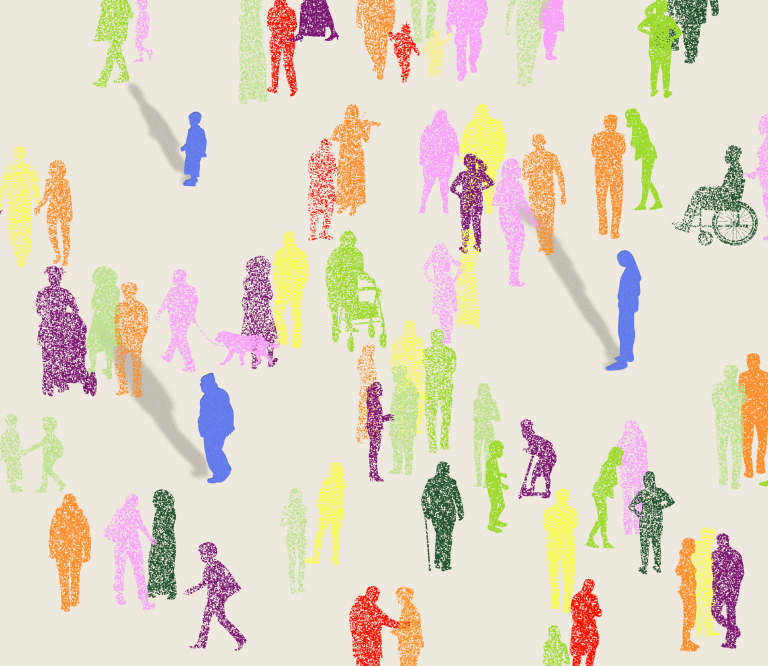Interview with Dr. Kelly Clancy (Humans of Neuroscience)
- Simply Neuroscience
- Dec 31, 2022
- 2 min read

Dr. Kelly Clancy received her B.S. in physics from MIT and was an astronomer for several years before she served in the Peace Corps in Turkmenistan. Having received a Ph.D. in biophysics from U.C. Berkley, she is currently a postdoctoral fellow in the Mrsic-Flogel lab at the University of Basel, Switzerland. Dr. Clancy has authored numerous publications, including a study on “the sensory representation of causally controlled objects.”
She describes herself as a “neuroscientist interested in understanding the general principles of biological information processing, as well as developing novel interventions for neurological disorders.” Aside from her scientific publications, her many beautiful pieces of artwork and essays on various topics can be found on her website. Learn more about her journey below!
What did you want to be when you grew up?
I originally wanted to be an astronomer. I loved thinking about the universe at large. But, I worked for a few years in astronomy after college and found it a bit removed from human interests. So I looked for a field where I might contribute more to something tangible and realized there was a big need in neuroscience. There are so many untreatable neurological disorders, and we know so little about the brain.
How did you discover your interest in the brain, and when was that?
I had always found the brain interesting, but I applied to grad school after I read an article by Cristoph Koch in Scientific American (an American popular science magazine). He wrote about consciousness, and I thought it was wild that researchers were thinking about that!
Did you have a role model who influenced your decision to work in STEM?
Growing up, my dad would buy me books about astronomy and show me cool math proofs. He really encouraged my interests. I grew up amongst five sisters, no brothers, and I absolutely never had the sense that women might be less suited for STEM. At least, not until I hit college, where I had to face some entrenched world views there!
What are the hardest parts of your work?
Science is unique in that you are often working for years on a project, sometimes alone. Most people have never worked on years-long projects until they hit grad school. It’s a totally different way of thinking, of measuring progress, and of handling time. Science invariably involves lots of failures. It can be hard!
Why is neuroscience and/or psychology outreach or STEM outreach in general important to you?
It’s been said that a work of science isn’t done until it’s been communicated to the public. I grew up reading magazines like Scientific American; I might not have gone into science if it weren’t for popular science books. Given the [current] political, social, and economic climate, sometimes science feels like the only source of good news. It’s a place of optimism in an uncertain world.
Please note that this interview was conducted in 2019. We have recently reformatted and made minor clarity edits to publish on the Simply Neuroscience Blog!











Comments